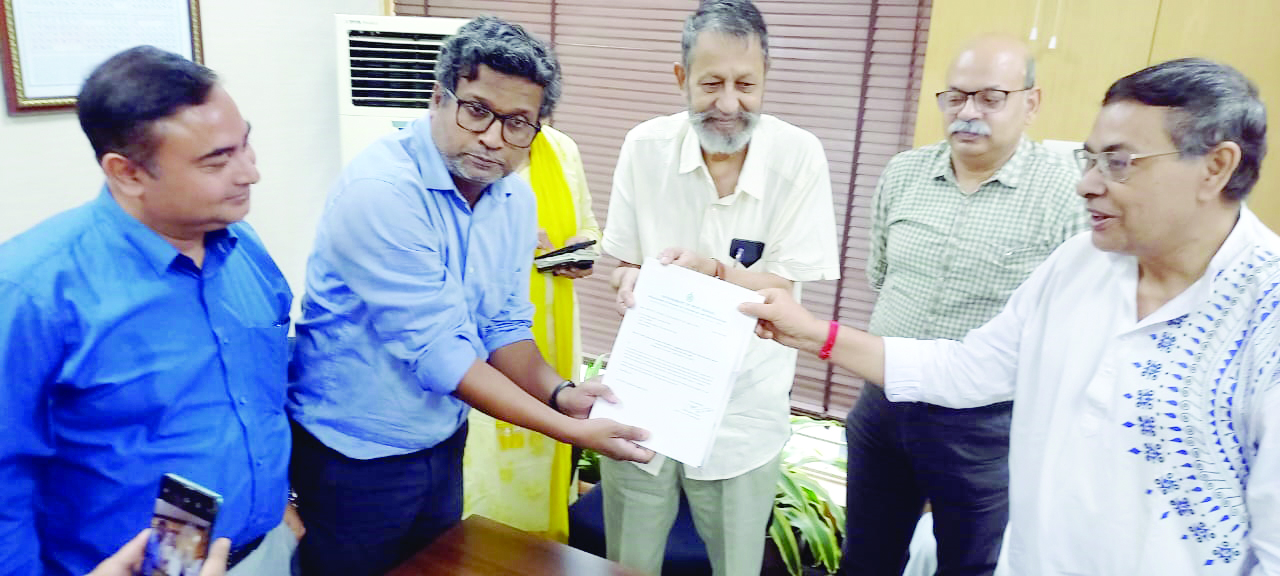State nod for research & dev project on ALS patients

Kolkata: The state Department of Science and Technology & Biotechnology has given consent to CSIR-Indian Institute of Chemical Biology (IICB) to take up a research and development project on mutation aggregation profiling of Amyotrophic Lateral Sclerosis (ALS) patients in West Bengal.
ALS is a rare neurological disease that affects motor neurons — those nerve cells in the brain and spinal cord that control voluntary muscle movement. It is the most common form of Motor Neuron Disease (MND).
The disease is irreversible and there are no medications. Recently, renowned city-based doctor, Subrata Goswami died in the city on July 5 after suffering from MND. He was the founder of the pain management unit at the ESI Hospital Sealdah.
“We had received a proposal from CSIR- IICB for taking up thorough research to combat & overcome the very rare MND in June. We felt that the time is ripe to encourage research in this disease and hence we have given it the necessary nod,” Ujjal Biswas, minister for Science and Technology and Biotechnology said. His ministry will be funding the research.
Dr Krishnananda Chattopadhyay, Chief Scientist of CSIR –IICB said that there is limited or no data available regarding patients suffering from this disease in the country or the state, however, presently the doctors are attending quite a good number of patients suffering from this disease. The patients for genome sequencing will be provided by the Bangur Institute of Neurosciences.
MND is a rare condition that progressively damages parts of the nervous system.
Sometimes, death occurs fast and sometimes it takes place slowly. In the case of Dr Goswami’s death, it occurred in two years while Stephen Hawkins died after 20 years. “This aspect will be taken up in our research,“ said Mahua Ghosh Chaudhury, Associate Professor of School of Material Science and Nano Technology that has joined hands with IICB in this research.
ALS often begins with muscle twitching and weakness in an arm or leg, trouble swallowing or slurred speech. Eventually, ALS affects the control of the muscles needed to move, speak, eat and breathe.



